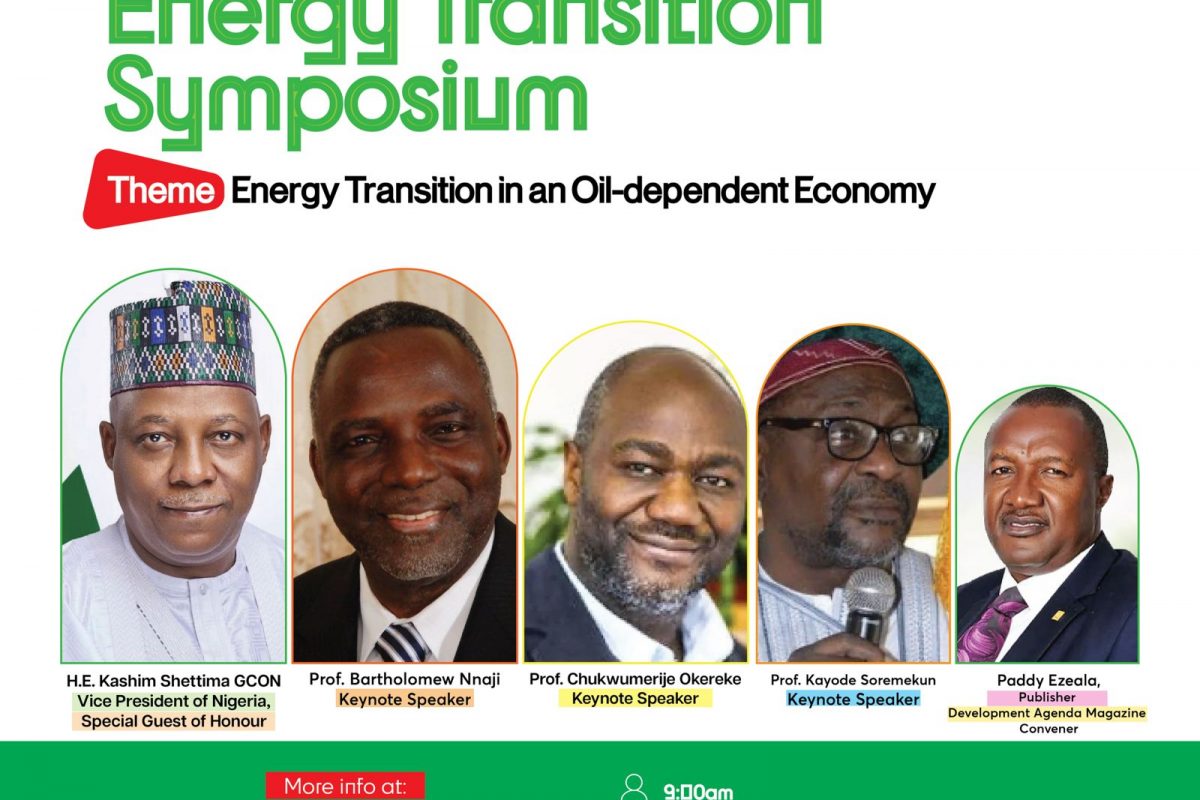Climate change has created significant environmental problems in Nigeria, affecting all regions and socioeconomic classes. The 2024 heatwaves are a stark reminder of its impact, causing considerable stress on commercial farmers and threatening food security.
The Niger Delta faces persistent oil spills, leading to severe soil and water pollution, while the northern regions struggle with drought and desertification.
Climate change impacts are primarily felt at the subnational level in Nigeria. Therefore, effective climate action must be localized. Despite the presence of comprehensive federal policies, such as the Climate Change Act and the Energy Transition Plan, there is a glaring absence of similar frameworks at the subnational level. For Nigeria to meet its climate and sustainable development goals, state-level action is crucial.
Recognising this, the Society for Planet and Prosperity (SPP), in collaboration with the Nigeria Governors Forum (NGF) and the Department of Climate Change (DCC), conducted a survey on subnational climate impacts, actions, and policies. The survey engaged diverse stakeholders, including state climate change desk officers, academics, youths, and climate experts. The resulting report, “Climate Impacts, Policies, and Actions at the Subnational Level in Nigeria,” was launched in Abuja on November 17, 2023.
The report found that eight states, including Nasarawa, Plateau, Yobe, Jigawa, Anambra, Ebonyi, Ondo, and Ogun, allocated budgets for climate projects in 2023. Additionally, 13 states and the Federal Capital Territory (FCT) have developed climate action plans.
Lagos, Enugu, and Rivers State have even established dedicated climate change offices, with Rivers State being the only state to pass a Climate Change Bill into law.
While these developments are promising, it is essential to monitor and evaluate state-level efforts to ensure they achieve their goals. SPP, in collaboration with the Federal Ministry of Environment’s Department for Climate Change have worked closely to initiate an annual ranking of climate change governance at the subnational level. This ranking will assess administrative structures, budget allocations, policies, action plans, and other metrics.
The inaugural ranking will be released on July 25, 2024, in Abuja, recognizing the hard work on the three top states and highlighting areas needing improvement and encouraging better climate action across states.
For Nigeria to effectively combat climate change and advance sustainable development, state-level initiatives must complement federal policies. The upcoming ranking and continued scrutiny of state efforts will drive accountability and enhance climate action, ensuring Nigeria meets its climate goals.
Prof Chukwumerije Okereke is President and Chairman, Board of Trustee, Society for Planet and Prosperity, Nigeria





